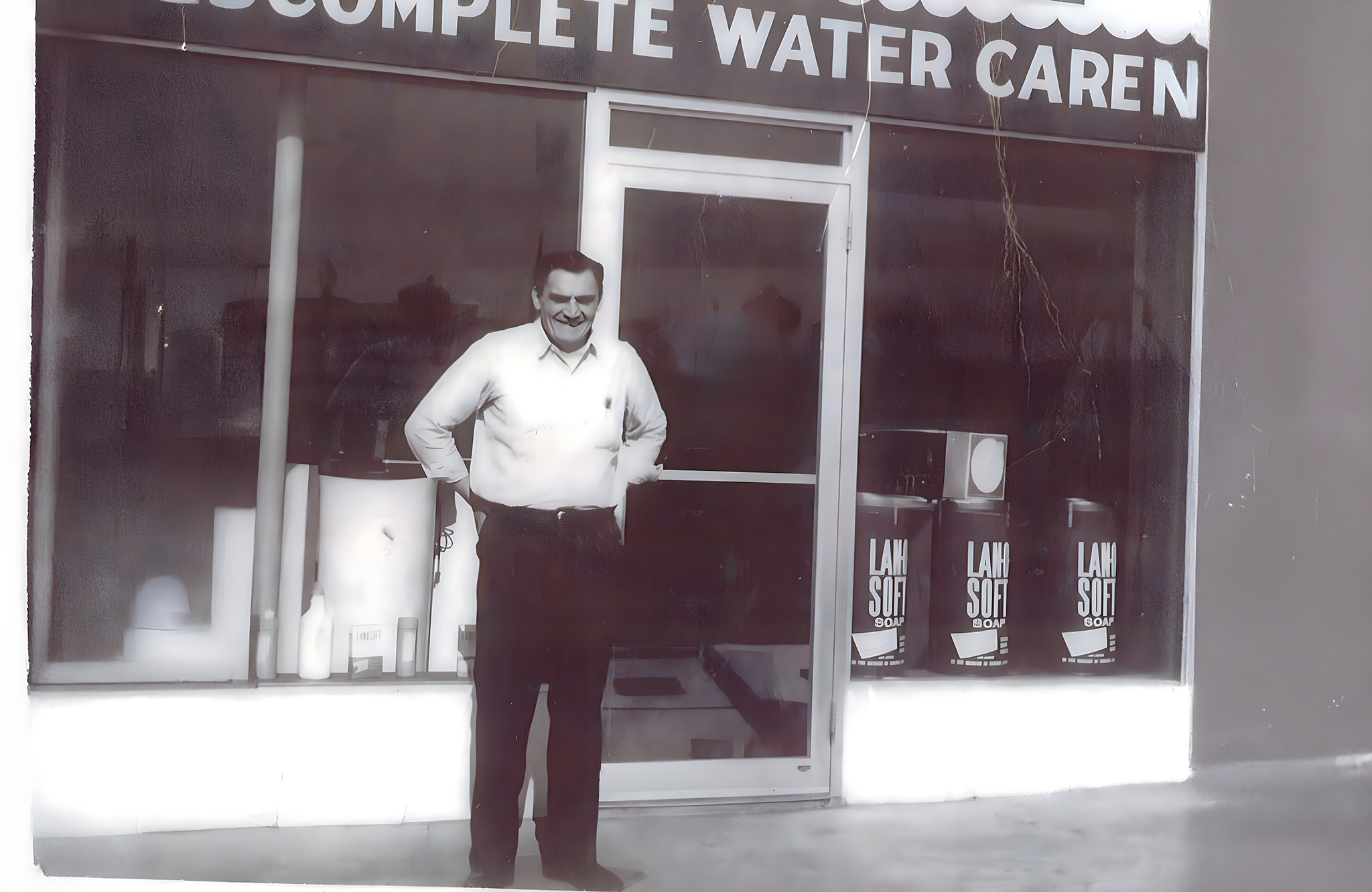
Remembering Wif Finken: A Legacy of Service and Community
January 26, 2026

Finken Water Treatment offers customized, chemical-free and cost effective water treatment solutions to enhance the health of your animals. An animal’s need for water varies with the type of animal...
April 1, 2016
Finken Water Treatment offers customized, chemical-free and cost effective water treatment solutions to enhance the health of your animals.An animal’s need for water varies with the type of animal and production level, as well as environmental conditions. Proper amounts of good, clean water are important for health and productivity.Water for CattleWater is one of the most important, yet often neglected, nutrients for your cows. Water ranks second only to oxygen in importance to the cow yet it is the most often neglected nutrient. Water intake is related to animal size, age, activity, productivity and environment. Lack of water intake will reduce food intake. Cows need water to maintain their blood volume, to keep organs and tissues functioning, and to aid in digestion and absorption of feed.To maximize water intake: Maintain adequate water pressure and water availability. Cows want to drink the most right after meals. Water bowls should provide 1 to 2 gallons per minute and water tanks should supply 2 to 4 gallons per minute. A water tank at least three feet long and two feet wide is needed for every 20 cows in a group. Have accessible sources. Like people, cows prefer to eat, then drink, eat, then drink, and so on. Water tanks need to be easily accessible, at least 50 feet from the feed bunk. Ten to twelve feet is needed around the water tank to reduce pushing and shoving. Offer warm water. Cows prefer water that is 80-85 degrees Fahrenheit. Avoid stray voltage. Over 3-4 volts can cause cows not to drink and as little as ½ volt has reduced water intake. Add water to the total mixed ration Bringing the moisture level up to 55-57% using added water in TMR’s may increase total water intake and reduce the potential for cows to sort their rations Have your water tested. It is recommended that water be analyzed at least once per year regardless of perceived problems. Maintain good records of water analysis from year to year so that you can prove when contamination occurred, if necessary. Maintain water quality. Cleanliness, bacteria, chemicals, and minerals affect water quality. Poor water quality reduces water intake. Cows are more sensitive than people are to water quality problems. Some signs of water intake problems include: cows lapping at water, blowing bubbles in water, and hovering over the water tank. Cleaning water tanks at least once per week can make an impact. Water purification systems make a big difference in the quality of the water for your cows. High sulfate and high iron are common problems. High sulfate will smell like rotten eggs. Iron can give water a metallic taste. These minerals can reduce palatability and reduce the absorption of other dietary minerals, most notably copper, zinc, and selenium. Reductions in the availability of these trace minerals can result in poor reproductive performance in cows. High water sulfate combined with low levels of dietary copper has been found to cause polioenphalo-malacia (PEM). This is a thiamine deficiency that is evidenced by weakness and loss of coordination. It is more common in calves. The properly sized and built water treatment system can reduce bacteria, nitrates and other problems in water plus help balance pH. Another means of controlling bacteria in water is by ultraviolet radiation.Water for PigsThere are five basic nutrients in pig rations. They are water, crude protein, metabolizable energy, minerals and vitamins. Of those, water is the most important nutrient.Pigs must always have clean, fresh water to drink and it must be supplied in optimal amounts for proper growth, development and performance. Even with free access to automatic watering devices, low flow rates may cause the pig to consume inadequate amounts of water. Check to make sure the water barrel is functioning every feeding.One pig needs 2-3 gallons of water every day. When they are feeding young, sows need to drink more water because they have to produce milk. The water should be in the shade and it is very important to make sure the container cannot be turned over. Tie it to a post or pole in the ground.Water purification systems make a big difference in the quality of the water for your pigs by reducing risk of contamination by bacteria and nitrates plus improving the overall flavor, freshness and drink-ability.Daily Animal Water Consumption RequirementsDairy cow 20 gallonsCow with a calf 15 gallonsYearling cattle 12 gallonsHorse 10 gallonsPig 3 gallonsSheep 2 gallonsTurkey ¾ gallonChicken ½ gallonReasons animals don’t get enough water:• too crowded around the waterers• waterers are not delivering the water fast enough due to restricted flow from corroded valves or pipes that are clogged from iron-bacteria slime or scale• a lack of supply or drinking devices• low chemical quality such as very acidic, very alkaline, hydrogen sulfide (rotten egg odor)• pollution from high total bacteria counts or coliform from fecal or non-fecal sources• bad or metallic taste from iron, manganese, sulfates or a high total dissolved solids• algae (especially the blue-green type)• sites of contamination - water source, pressure tank, reservoir, drinking device, feed or manureIf you suspect problems with your water, Finken Water Treatment will come to your site and test it for free then give you the best recommendation on how to treat the issue.

Resources
